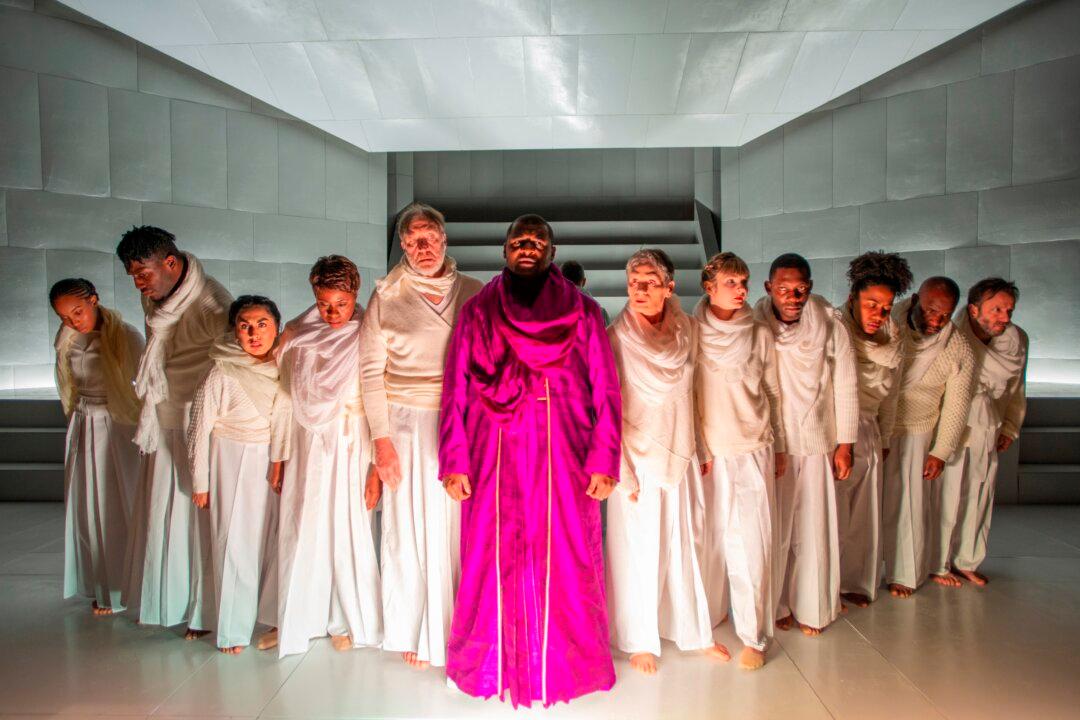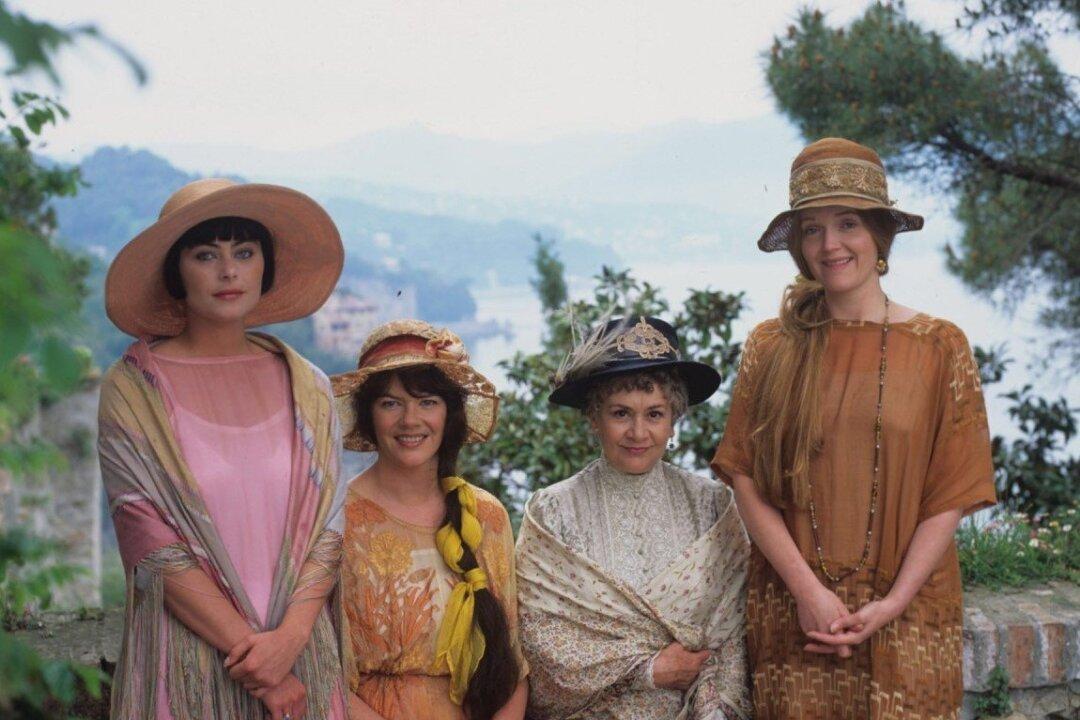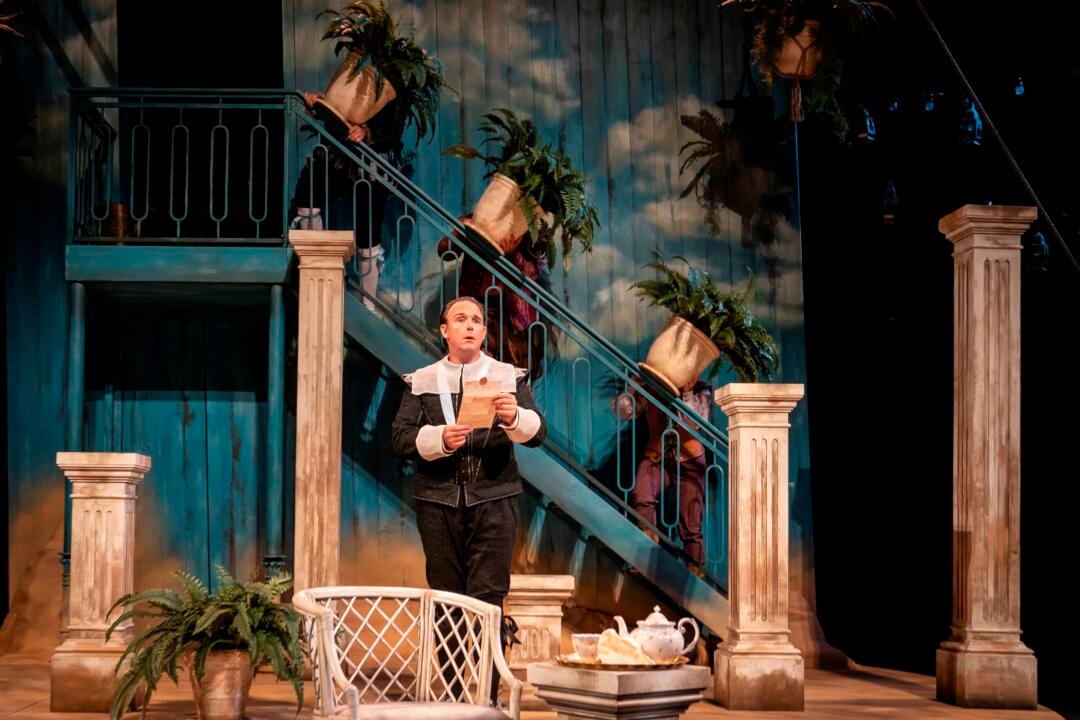CHICAGO—Any time a theater produces a classic that ultimately says, when we confront social ills, that we should look within our own breasts—that the search for inner truth is paramount—this is a theater we should treasure.
Court Theatre should also be congratulated for planning its community-based approach to staging the whole Oedipus Trilogy this season. As the program notes explain, the hope is to explore, with the city’s predominantly black South Side residents, the themes of fate, justice, and redemption.





